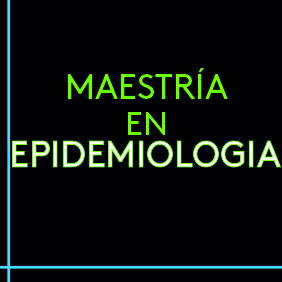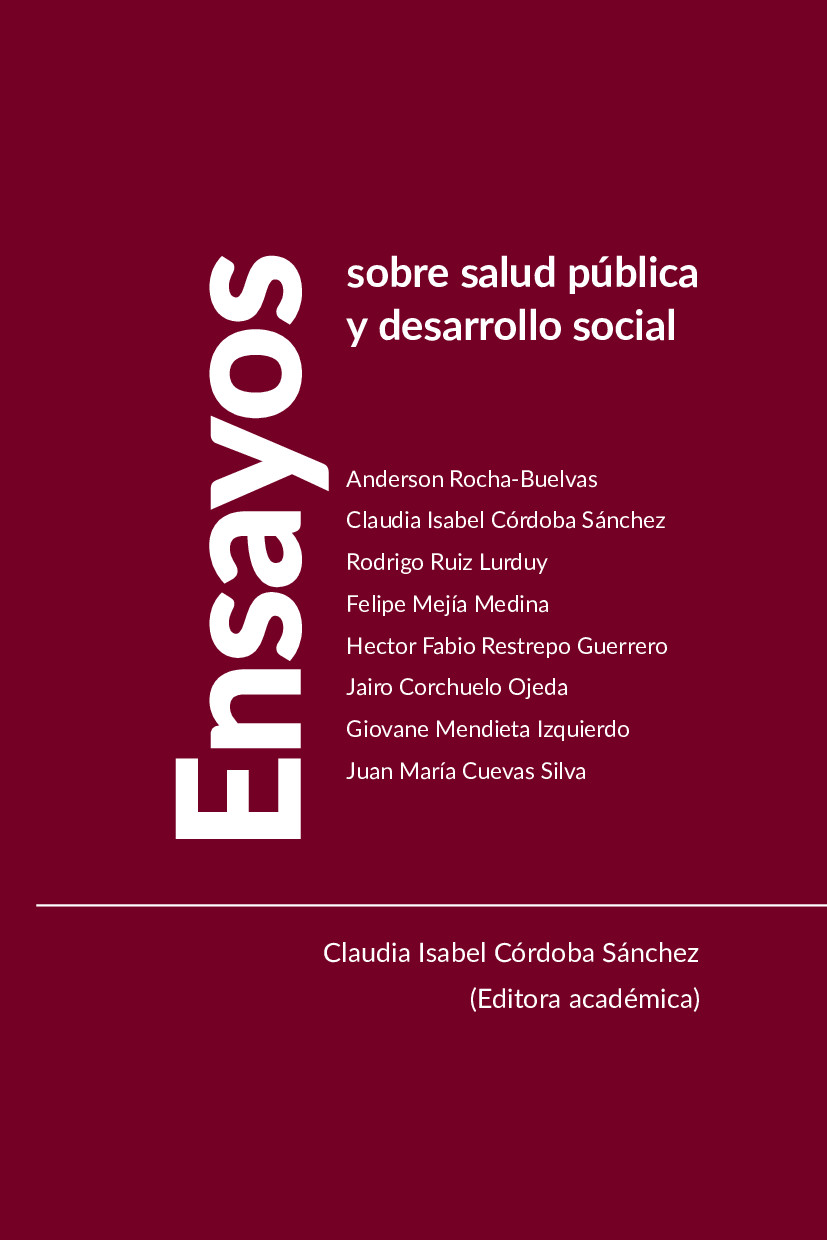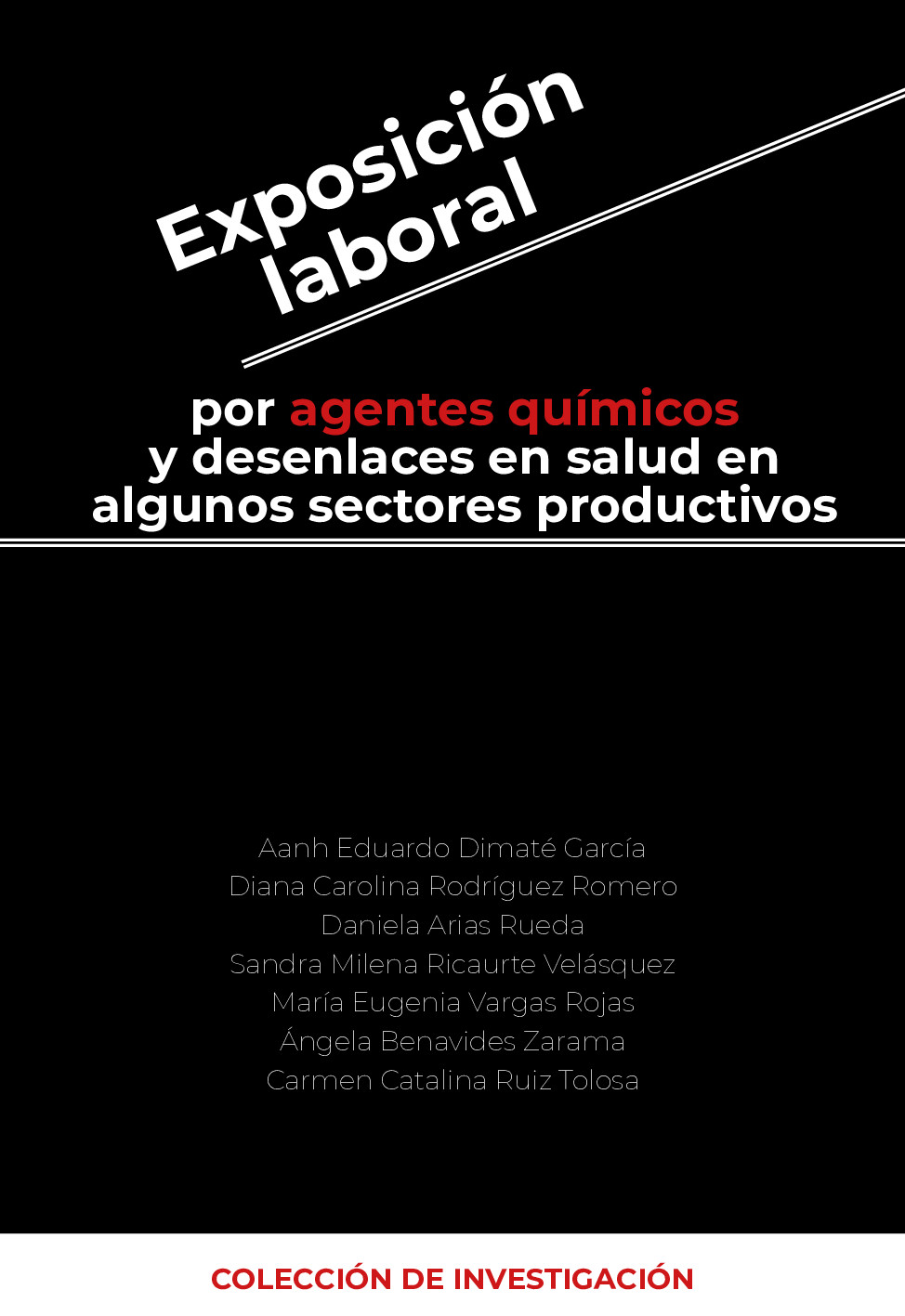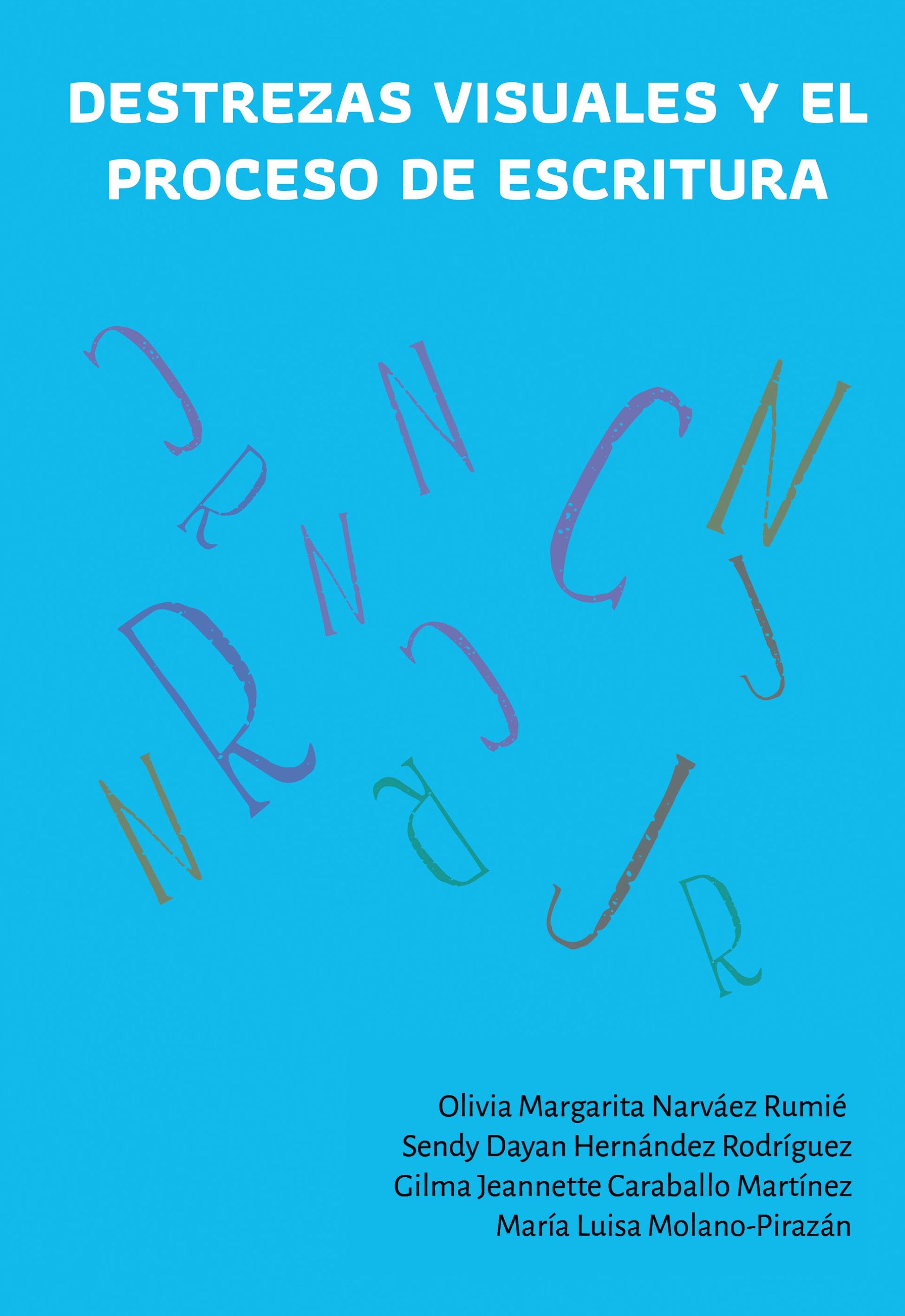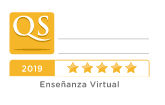Abstract
Background: The care economy as a broad term encompasses unpaid care work within households, care for people at home or community, necessary for the maintenance of life, reproduction and maintenance of the paid labor force. The growing interest in the recognition of care work, the demand for gender equality for the creation of public policies has led to a lot of research on the subject at the national and international level. Objective: This bibliometric study compiles and analyzes the current state of global scientific production in the field of care economy. Method: A search was carried out in 10 databases to map original scientific articles, review articles and textbooks published in Spanish and English, with no publication date limit. Normative documents and bibliometric studies were excluded. The results of the databases were downloaded, deduplication, selection and quantitative and qualitative analysis of the data were performed. The analysis includes geographic areas studied, year of publication, authorship and co-authorship, and co-occurrence. The free access bibliometric analytic tool VOSviewer version 1.16.18 was released for the creation of maps based on bibliographic data. RESULTS: 2,495 documents were identified, 1,949 screened and 516 included in the analysis as they fully met the selection criteria. Conclusions: The number of documents published annually on the subject has been increasing, in 1969 the first published document was identified, reaching a peak of 52 in 2021 and 13 in the first quarter of 2022. Scientific production has predominated in Eurasia, Latin America, Canada, South Africa and Korea. The co-occurrence of keywords has shown changes over time: human, adult, child, caregiver, family and homecare (2005-2010), gender, care, migration, women and feminist economics (2010-2015), care economy, economy, domestic work, gender inequality, pandemics, coronavirus pandemic, Covid-19 (2019-2022).
Licence
Authors should declare no conflicts of interest either for reasons of financing the project which is the result of the article; as well as intellectuals, academics, moral and investigative reasons.
The Journal of Andean Research is home to the ethical rules for publications issued by the COPE: http://publicationethics.org/resources/code-conduct
References
2. Salvador S. Estudio comparativo de la "economía del cuidado" en Argentina, Brasil, Chile, Colombia, México y Uruguay. IDRC: Capítulo Latinoamericano de la Red Internacional de Género y Comercio; 2007.
3. Armas A, Contreras J, Váscones A. La economía del cuidado, el trabajo no remunerado y remunerado en Ecuador. INEC, AECID, UNIFEM; 2009.
4. Estándares mínimos de economía del cuidado en contextos de reincorporación económica. ONU Mujeres Colombia; 2019.
5. Rodríguez C, Esperanza D, Córdoba O, Rocío H, de La Hoz R, Noguera G, et al. Bibliometric analysis of articles on nursing care published in Colombian magazines. Enfermería Global. 2016;(44):406–15.
6. Muyor J. Análisis bibliométrico de la producción científica en Scopus sobre políticas de cuidados en Europa y América Latina. España: Universidad de Almería. Disponible en: https://orcid.org/0000-0003-4226-5181
7. Bornmann L, Leydesdorff L. Scientometrics in a changing research landscape: Bibliometrics has become an integral part of research quality evaluation and has been changing the practice of research. EMBO Rep [Internet]. 2014 Dec [cited 2022 Dec 12];15(12):1228. Available from: /pmc/articles/PMC4264924/
8. Donthu N, Kumar S, Mukherjee D, Pandey N, Lim WM. How to conduct a bibliometric analysis: An overview and guidelines. J Bus Res. 2021 Sep 1;133:285–96.
9. Ouzzani M, Hammady H, Fedorowicz Z, Elmagarmid A. Rayyan-a web and mobile app for systematic reviews. Syst Rev [Internet]. 2016 Dec 5 [cited 2022 Dec 12];5(1):1–10. Available from: https://systematicreviewsjournal.biomedcentral.com/articles/10.1186/s13643-016-0384-4
10. Page MJ, McKenzie JE, Bossuyt PM, Boutron I, Hoffmann TC, Mulrow CD, et al. The PRISMA 2020 statement: an updated guideline for reporting systematic reviews. BMJ [Internet]. 2021 Mar 29 [cited 2022 Dec 12];372. Available from: https://www.bmj.com/content/372/bmj.n71
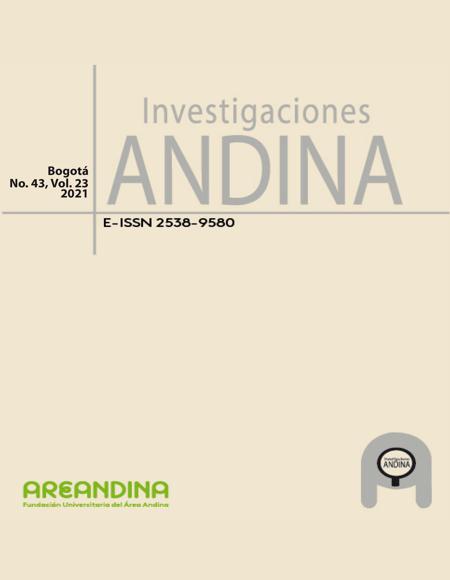
 PDF (Español (España))
PDF (Español (España))
 FLIP
FLIP







